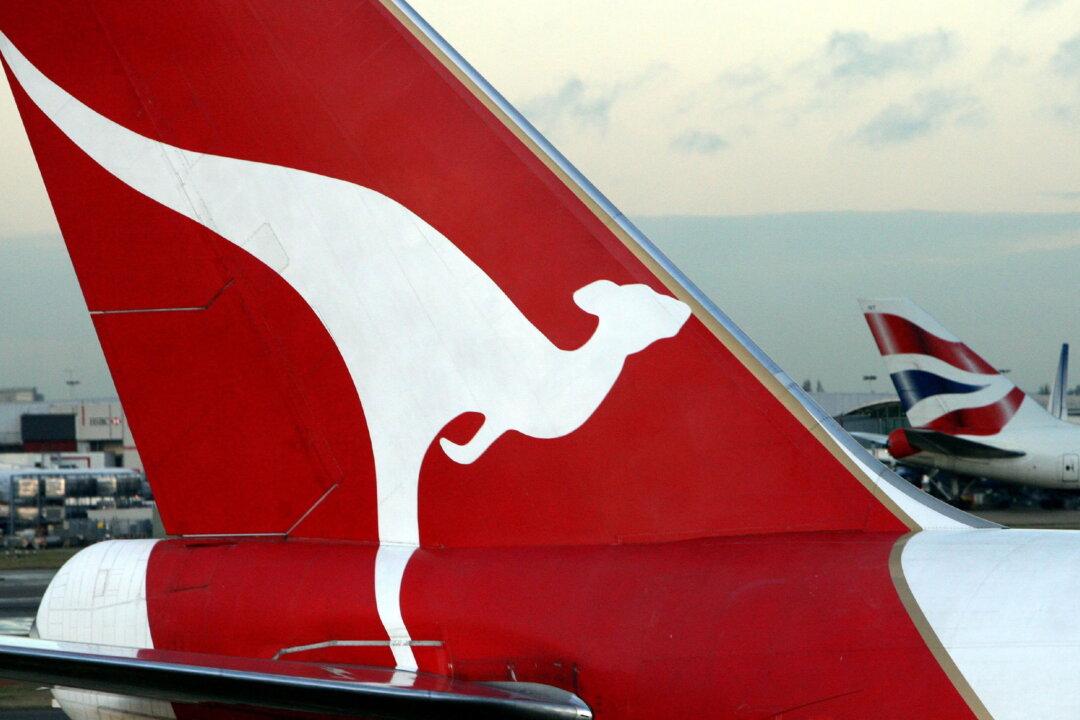An industrial dispute between Qantas and the airline’s 1,200 flight attendants may cause delays around Christmas after 99 percent of the airline’s attendants voted in favour of a 24-hour strike if the carrier does not agree with a better deal.
The union has said it would try to limit the impact on Australian travellers by taking a measured approach to the strike, especially over the upcoming Christmas holiday peak.




